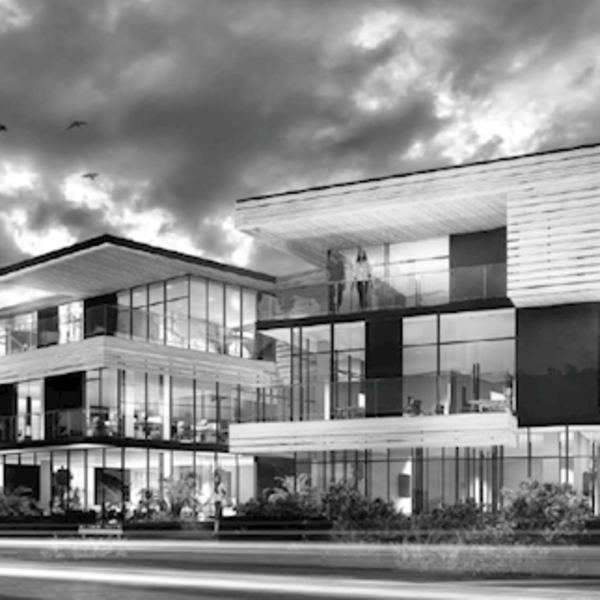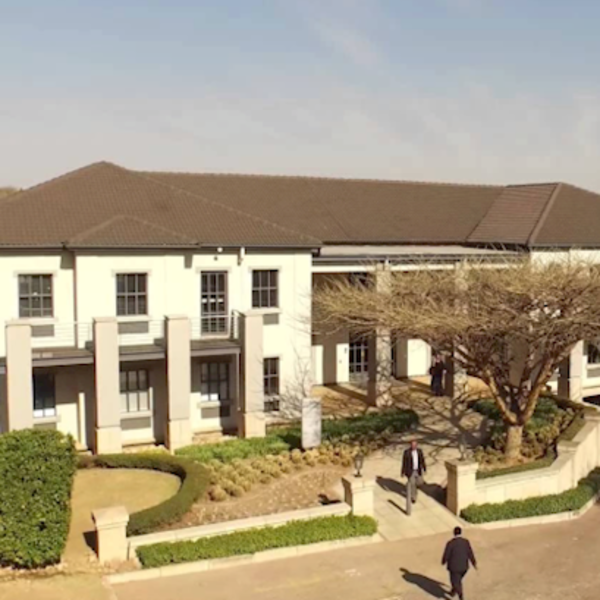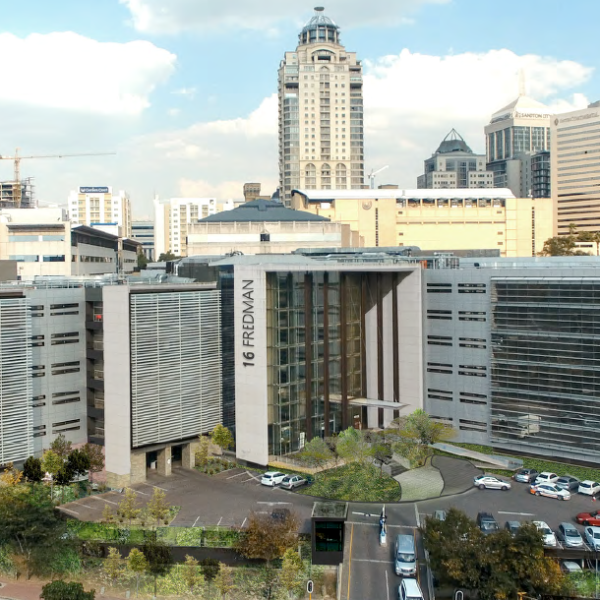Commercial property leases: dealing with the unexpected
Property Insights
In South Africa, the unexpected is part of life. When it comes to commercial property, this is no exception. Summer thunderstorms, flooding, cable theft, service delivery issues and Eskom’s ongoing load shedding programmes are often the cause of a failing electrical supply. This is on top of the normal risk of natural disasters or building dilapidation, which can result in business operations being completely interrupted for indefinite periods of time.
In South Africa, most standard office leases make provision for the interruption of essential building services. In most cases, the rent and the lease will continue to exist. Should an issue persist for an extended period, you as the tenant may need to seek rent abatement measures should essential services such as electricity, internet connectivity or the water supply be interrupted.
Short term interruptions
Most landlords are willing to include terms into a commercial property lease that give them time to restore temporary interruptions to essential services before starting rent abatement measures. Bear in mind that the onus does not fall onto the landlord to deal with these eventualities - you as the tenant should make sure they're dealt with.
Negotiating an ‘interruption of services’ provision in your commercial lease is subject to many factors, and in our experience the most prevalent one is bank requirements or the availability of insurance. While banks are wary of possible abatement of rent and tenant termination provisions, these are fairly common and are generally acceptable to the banks. In general, overlooking this issue during lease negotiations could prove costly and can even have a material effect on the viability of your business.
Standby measures
Rent abatement alone may not be enough to counter the loss your business may face as a result of the interruption. If you're a tenant with critical operational requirements, you should take preventative measures one step further and negotiate the right to install a standby generator on the commercial property you're leasing. In this way, you can continue critical operations until services are restored. If you're a commercial tenant in the manufacturing industry, it may be a good idea to investigate insurance policies that mitigate operational risk in terms of production failure, loss in market share, and the costs involved in procuring alternative real estate accommodation.
An experienced property practitioner should raise these issues during lease negotiations. Formalising a formal disaster recovery plan is a prudent measure to consider when considering the potential financial and operational risks associated with a commercial property lease.
Need help with working out provisions for service interruptions in your commercial lease? Contact Simon on 083 261 2861 or email simon@blackpepperonline.co.za.
Related blog posts (4)

Covid-19: Can you get rent relief on your commercial property?
Commercial Property

Benefits to Leasing Commercial Property
Property Insights

Finding commercial space for your business
Property Insights

